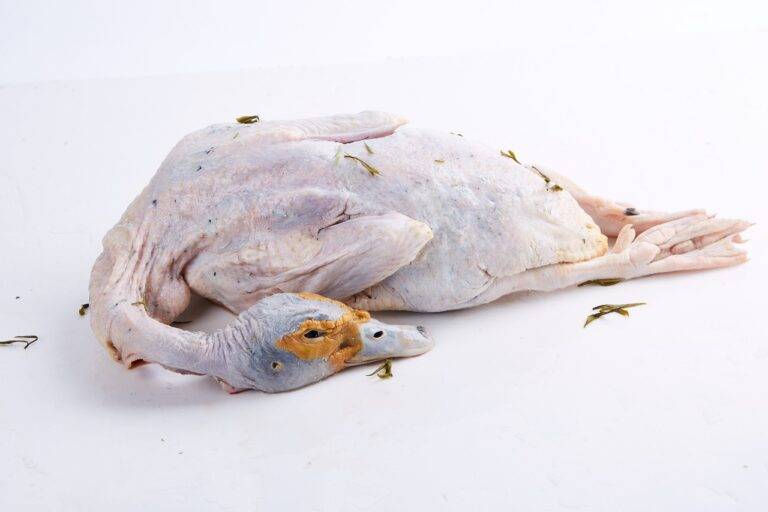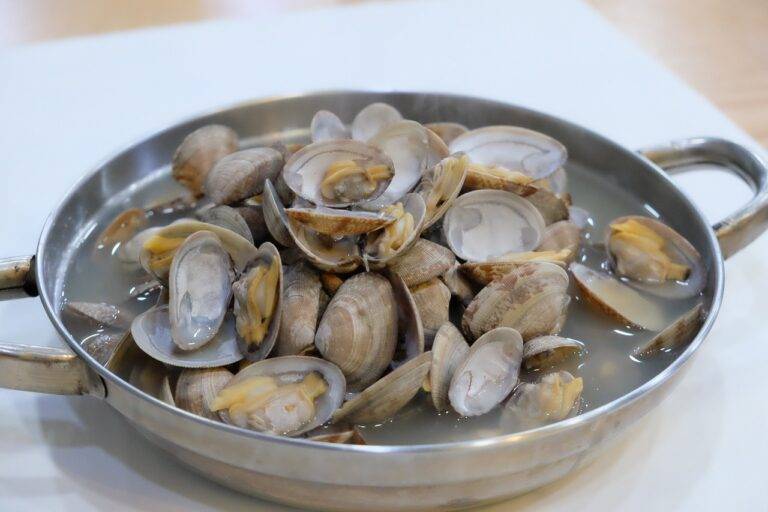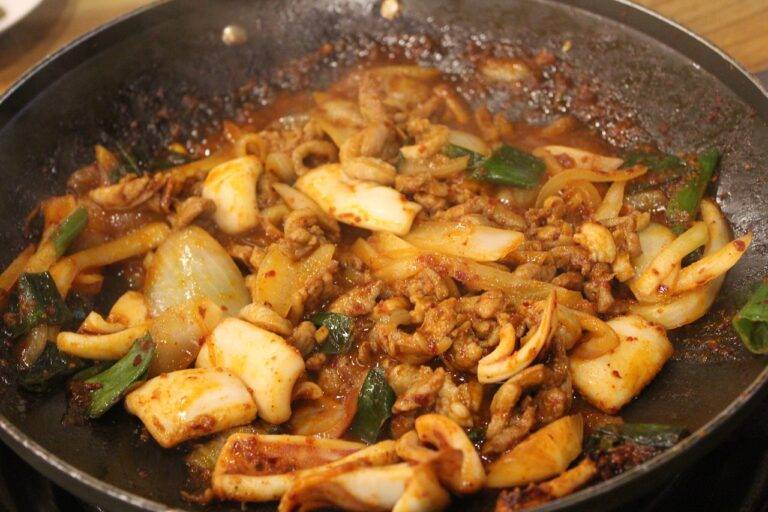How to Host a Sustainable Dinner Party
When it comes to creating a menu for an event or a special occasion, proper planning is key. Start by considering the theme or purpose of your gathering and tailor your menu to suit the overall vibe you want to create. Think about the preferences and dietary requirements of your guests to ensure that there is something for everyone to enjoy.
Next, consider the balance of flavors, textures, and colors in your dishes to create a well-rounded and visually appealing menu. Make sure to include a variety of options, including appetizers, main courses, sides, and desserts, to offer a diverse culinary experience for your guests. Take into account the timing of your event and plan your menu accordingly, making sure that each dish can be prepared and served efficiently to create a seamless dining experience.
Sourcing Local and Seasonal Ingredients
When planning your menu, one of the key factors to consider is sourcing local and seasonal ingredients. Utilizing ingredients that are in season not only enhances the flavor and quality of your dishes but also supports local farmers and reduces carbon footprint associated with transportation.
By choosing local and seasonal ingredients, you can create a menu that is not only fresher and more flavorful, but also more sustainable. Seasonal produce is often more abundant and affordable, making it a cost-effective choice for your restaurant or catering business. Additionally, sourcing locally can help build relationships with nearby farmers and suppliers, fostering a sense of community and promoting ethical and environmentally-conscious practices within the food industry.
Reducing Food Waste
In our quest to minimize food waste, a fundamental step is proper meal planning. By thoughtfully strategizing our menu, we can ensure that we only purchase what is truly needed. This not only helps in reducing the amount of unused food but also aids in saving money and time during grocery shopping and meal preparation.
Another effective technique in curbing food waste is to repurpose leftovers. Instead of discarding excess food, consider incorporating it into future meals. By creatively utilizing leftover ingredients, we not only ward off unnecessary waste but also add a touch of versatility to our meals.





